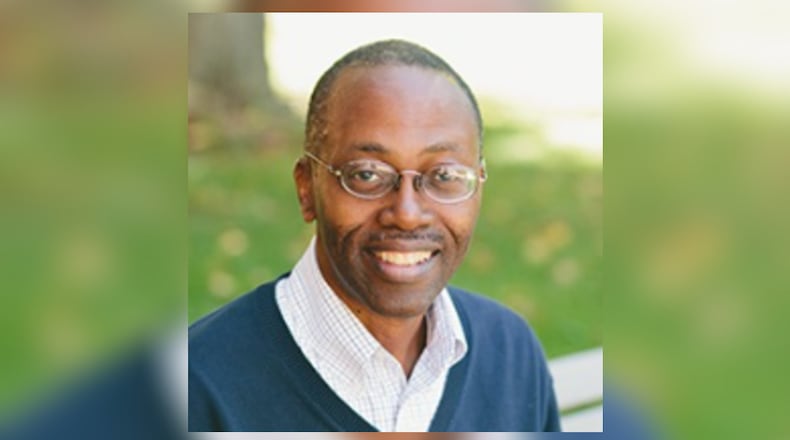Credit: NYT
Credit: NYT
The Harvard Corporation, the senior governing body of the University, initially issued a statement of support for President Gay. Billionaire Harvard donor William Ackman then ramped up his campaign to oust her, claiming that she was an unqualified “DEI hire.” Unfortunately, Harvard’s leaders did not recognize that the national scrutiny that they were under was an opportunity to affirm DEI initiatives and Gay’s qualifications for the presidency of Harvard. She was not a novice manager, but instead had led Harvard’s Faculty of Arts and Sciences, the undergraduate and PhD programs of the university, since 2018. A relentless series of accusations of plagiarism were finally deployed by Ackman and others to force Gay’s resignation. Harvard’s commitment to DEI did not seem to be as strong as its commitment to maintaining the largest endowment of any university in the world, approximately $50 billion. Ackman has promised to expand his campaign against DEI programs beyond Harvard to other universities. The House Committee on Education and Workforce is now investigating Harvard’s practices related to Claudine Gay.
A recent New York Times article, “America is Under Attack: Inside the Anti-DEI Crusade,” explains that in 2022, a group of conservative scholars, based at the Claremont Institute, dramatically expanded a 2020 campaign, begun by conservative journalist Christopher Rufo, to distort the meaning of DEI programs with the goal of eradicating them. This initiative has a particular focus on colleges across the country and has already resulted in the elimination of DEI positions. While concerns about antisemitism on campuses served as a convenient rationale for the December 5th Congressional hearing, for Harvard, with a Black woman president, the hearing provided opponents of DEI with a national platform.
Those of us who live in the Miami Valley may think that Harvard’s DEI challenges have nothing to do with us. Across our region employers, large and small, are using DEI practices to strengthen their organizations by diversifying their workforces. If you are skeptical of the value of these initiatives, to avoid being misled by the sophisticated disinformation campaign of the Claremont Institute scholars, review the website of the National Diversity Council (nationaldiversitycouncil.org) that includes information on the positive results of DEI initiatives such as:
- Inclusive companies earn 2.5x higher cash flow per employee and diverse teams are more productive by over 35%;
- Inclusive management teams report up to 20% higher innovation rates and 19% higher innovation revenues;
- The most ethnically diverse companies are 36% more likely to financially outperform the least ethnically diverse companies;
- Diverse companies are 70% more likely to report that they entered and captured a new market.
While you’re online, read “Why Diverse Teams Are Smarter” by David Rock and Heidi Grant from the Harvard Business Review, and look at the rich literature of books on DEI programs.
Efforts to promote racial equity, one of the goals of DEI programs, have a sincere purpose. The vision of the United States as a multi-racial democracy, the “more perfect union” envisioned in our Constitution, cannot be achieved as long as racial inequities endure. We should not be surprised that a Black president of Harvard, the oldest and wealthiest university in the U.S., became a convenient target for those dedicated to maintaining the racial hierarchy in this nation.
Kevin McGruder, M.B.A., Ph.D., is associate professor of history at Antioch College. He is author of Race and Real Estate: Conflict and Cooperation in Harlem, 1890-1920
About the Author

